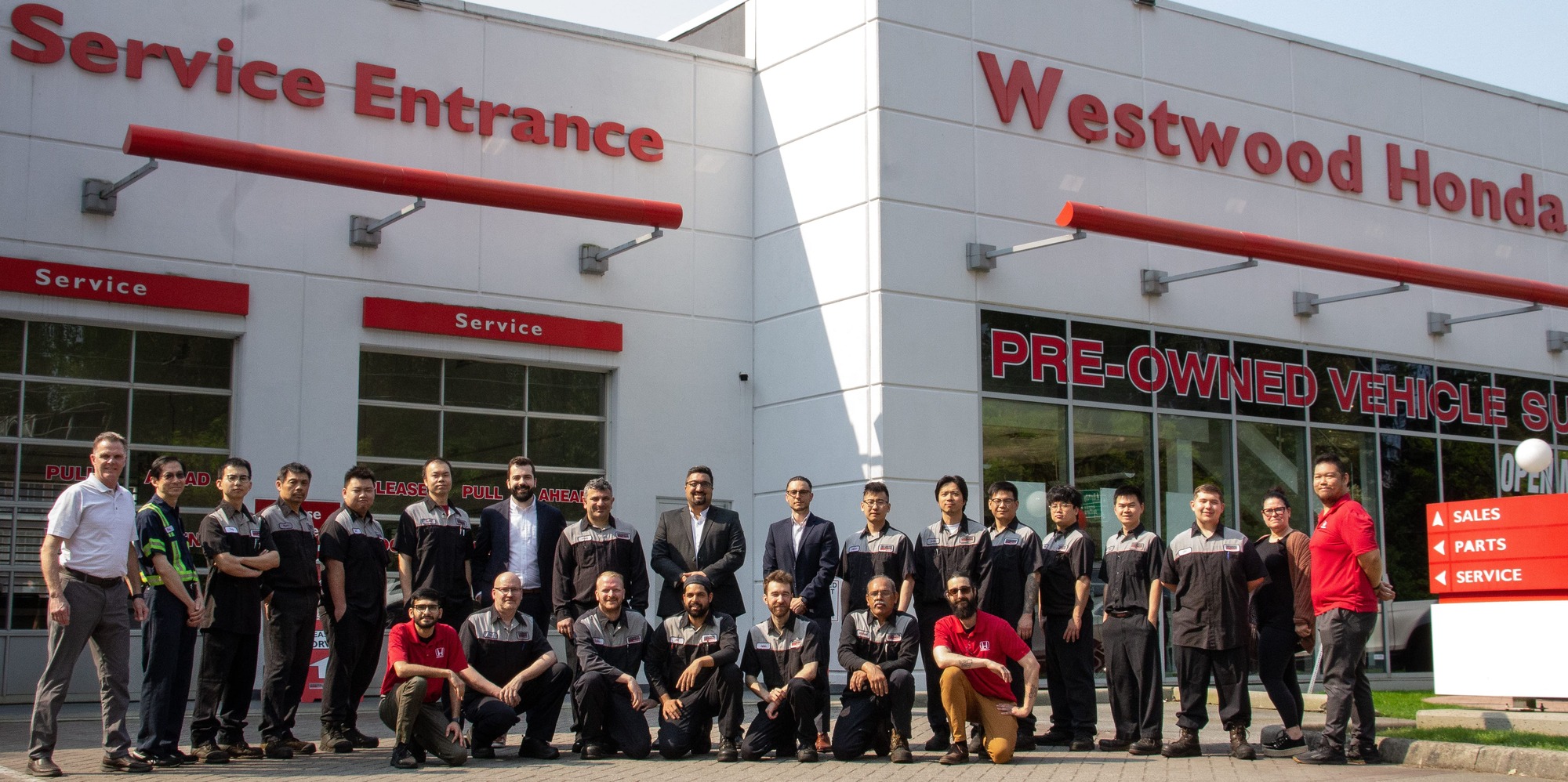Westwood Honda Parts

Welcome to Westwood Honda’s Parts Department, your premier destination for genuine OEM parts and expert guidance. Our dedicated team of trained advisors is here to assist you in finding the perfect components for your Honda vehicle, ensuring peak performance and longevity. With a commitment to quality and authenticity, we offer a comprehensive selection of original manufacturer parts that seamlessly integrate with your vehicle, guaranteeing a precise fit and optimal functionality. Trust Westwood Honda’s Parts Department to provide you with the genuine parts and knowledgeable support you need to keep your Honda running at its best.

Honda Apparel
Honda Mugs
Keychains
Hats
Wash kits
*And much more

Genuine Honda Accessories
Hitches
Floormats
Door Visors
Cargo Tray
*And much more

Tires
Michelin
BFGoodrich
Uniroyal
Bridgestone
*And much more

What are Honda Factory OEM parts?
What are Honda Factory OEM parts?
Honda Factory OEM parts are components and parts specifically designed, manufactured, and distributed by Honda, the original equipment manufacturer (OEM), for their vehicles. These parts are created to match the exact specifications and quality standards set by Honda, ensuring a precise fit and optimal performance in Honda vehicles. Using Honda Factory OEM parts helps maintain the reliability, safety, and resale value of your vehicle, as they are crafted to meet the same high standards as the original parts that were installed when the vehicle was first built.
What are Aftermarket parts?
What are Aftermarket parts?
Aftermarket parts are components or parts for vehicles that are not produced by the original equipment manufacturer (OEM) of the vehicle. Instead, they are manufactured by third-party companies and are designed to be compatible with a wide range of vehicles. Aftermarket parts can include various products such as replacement parts, performance upgrades, accessories, and modifications. These parts offer alternatives to OEM parts and can vary in terms of quality, price, and compatibility. Vehicle owners often choose aftermarket parts for reasons such as cost-effectiveness, customization, and availability of specialized options.
OEM parts versus Aftermarket parts?
OEM parts versus Aftermarket parts?
Using OEM (Original Equipment Manufacturer) parts and aftermarket parts each has its own set of advantages and considerations. Here’s a comparison of the two:
OEM Parts:
Quality Assurance: OEM parts are designed and manufactured by the vehicle’s original manufacturer, ensuring they match the exact specifications and quality standards of your vehicle.
Precise Fit: OEM parts are made to fit perfectly in your vehicle, minimizing the risk of compatibility issues and ensuring optimal performance.
Warranty: If your vehicle is still under warranty, using OEM parts might be required to maintain the warranty coverage.
Reliability: OEM parts typically have a reputation for reliability and longevity since they are made to the manufacturer’s specifications.
Resale Value: Using OEM parts can help maintain the resale value of your vehicle, as potential buyers may see them as a sign of well-maintained quality.
Aftermarket Parts:
Cost-Effectiveness: Aftermarket parts are often more affordable than OEM parts, which can be particularly beneficial for older vehicles or for those on a budget.
Variety and Customization: Aftermarket parts offer a wide range of choices for customization and performance upgrades, allowing you to tailor your vehicle to your preferences.
Availability: Aftermarket parts may be more readily available, especially for older or less common vehicle models.
Specialization: Some aftermarket manufacturers focus on specific aspects like performance enhancements, allowing you to find parts that cater to your specific needs.
Research and Quality: While some aftermarket parts may offer high quality, others might vary in terms of quality, requiring research to find reputable brands. In essence, the choice between OEM and aftermarket parts depends on your priorities, budget, the age of your vehicle, and the specific modifications or repairs you want to make. If maintaining originality, performance, and warranty coverage is crucial, OEM parts are generally a safer choice. However, if customization, affordability, and immediate availability are more important, aftermarket parts could be a suitable option. It’s recommended to weigh the pros and cons based on your individual needs and circumstances.


